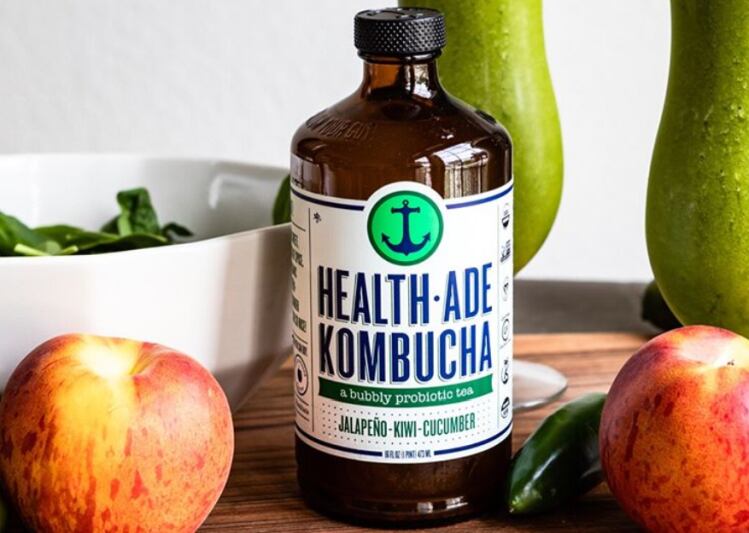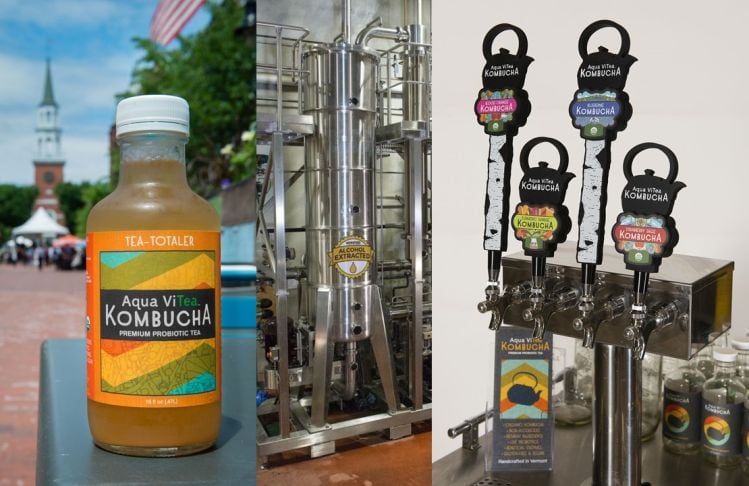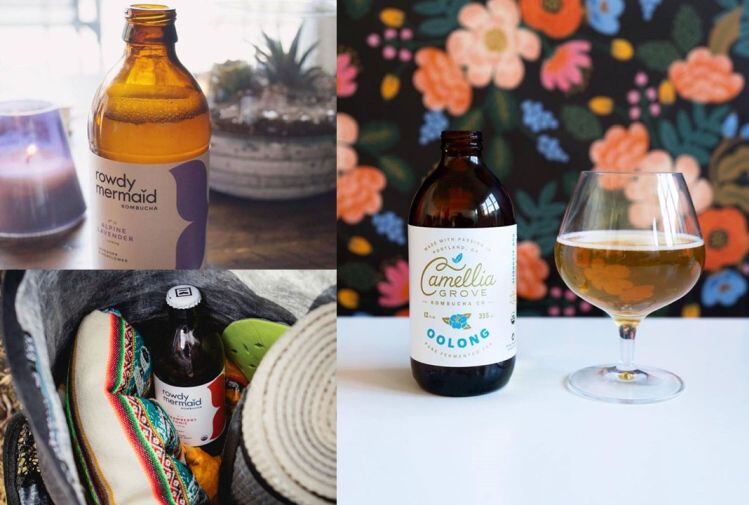One of multiple kombucha brands targeted in a series of lawsuits over sugar and alcohol levels in recent years, Health-Ade denies any wrongdoing, but in order to avoid the cost and risk of protracted litigation, has agreed to pay out $3,997,500 to cover the plaintiffs’ attorneys’ fees, admin expenses and cash awards to class members ranging from $20-80 in court documents approved on October 11.
Whole Foods Market – which sells the kombucha and was a named defendant in both lawsuits (Bayol v Health-Ade 3:18-cv-01462; and Gonzalez v Health-Ade 3:18-cv-01836) – is not required to make any contribution. Three other lawsuits* against Health-Ade have been dismissed.
Under the agreement, Health-Ade will continue to conduct regular testing, and add the following statement to bottles for 12 months: “Kombucha should not be consumed if left unrefrigerated for an extended period of time. Pregnant/breast feeding? Consult your doctor. Due to natural fermentation, there may be trace amounts of alcohol and small pieces of culture.”
It will also implement “a formulation change that will control the variability of the alcohol and sugar content in its products to ensure that the declared sugar and alcohol content on such products’ labels do not vary to a greater extent than allowed by federal or state labeling standards.”
Health-Ade: 'We've adjusted the process'
The company would not spell out the aforementioned 'formulation change,' but sent FoodNavigator-USA a statement referencing an "adjusted process" when asked to clarify what it's doing differently.
It explained: "Kombucha is NOT like most food and beverage products, which are usually pasteurized and nearly sterile. Kombucha is different because it’s ALIVE, like yogurt, kefir, kimchi, and even fresh produce. And because of this, like anything in nature, kombucha is constantly changing...
"Health-Ade, like other kombucha producers, has been working on this challenge for years — how to minimize the natural changes in our product so we can increase consistency, while continuing to preserve taste and product integrity. We’ve dedicated tremendous resources to this effort, and have landed on a solution that allows us to achieve what we feel is the best of both worlds. We have learned so much about the microbes in Health-Ade, and how to work with them to optimize fermentation so the product is more consistent, always compliant, and as delicious as always.
"The conversations around the lawsuit resolved when we shared our transition to this adjusted process."
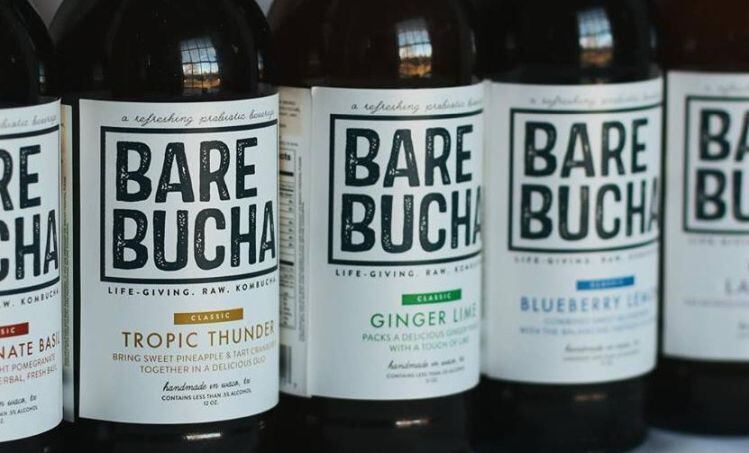
WATCH: Bare Bucha and Stout Tanks unveil radical new approach to controlling alcohol in kombucha
A novel approach to brewing kombucha in stackable rectangular trays could help the industry dramatically speed up the fermentation process and keep alcohol levels consistently below 0.5% abv, solving a major technical challenge for the industry, according to kombucha brand Bare Bucha and craft brewery equipment supplier Stout Tanks. Watch the video
Attorney: The industry is going to have to figure this out
Defense attorneys contacted by FoodNavigator-USA about a flurry of such cases in recent years said plaintiffs’ attorneys were increasingly eyeing up the kombucha category, given the lack of a clear definition of what kombucha is, a lack of clarity over ‘raw’ claims, concern over sugar and alcohol levels, and confusion over probiotic claims.
One legal source told us: "We've had clients that have gotten into trouble in this category and it's something the industry is going to have to figure out.”
Brands have deployed multiple strategies to ensure that alcohol levels in kombucha remain below the 0.5% abv threshold (above which they are classified as alcoholic beverages and taxed accordingly), from micro-filtration to remove residual yeast, to heat pasteurization, to distilling off some alcohol, to diluting the product post fermentation, to deploying shallower fermentation tanks.
However, purists take issue with some of these approaches, arguing that ‘authentic’ kombucha is a raw, ‘living’ product that should be manufactured in a particular way, prompting a protracted debate over standards of identity in the burgeoning category.
Should the 0.5% abv threshold be raised?
Trade association Kombucha Brewers International (KBI) has encouraged innovative new approaches to help brands remain compliant and urged members to share best practice at its recent Kombuchakon conference (with some pushback, as some members asked why they should share proprietary info with direct competitors).
However, it is also lobbying for a legislative change (via The Kombucha Act) that would raise the abv threshold to 1.25%.
According to KBI president Hannah Crum - who argues that the 0.5% threshold was “not based on any scientific study or process” - raising the threshold to 1.25% would make it a lot easier to make authentic raw or ‘live’ kombucha using traditional methods, with alcohol levels that are still low and would “not get people intoxicated.”
However, some brands such as Aqua ViTea, Rowdy Mermaid, and Camellia Grove Kombucha Co, argue that raising the threshold above which kombucha would be classified as an alcoholic beverage from 0.5% to 1.25% abv, is not the way to deal with the industry’s alcohol problem.
The TTB (Alcohol and Tobacco Tax and Trade Bureau) took a close interest in the alcohol levels in kombucha in 2010, prompting a high-profile withdrawal of products in Whole Foods. However, since then the pressure to address the alcohol compliance issue has been driven by lawsuits, with multiple brands in the space being sued by competitors or by consumers.
* Hood v. Health-Ade, LLC, 115-cv-286909 (Santa Clara); Samet v. Health-Ade, LLC, 115-cv-286907 (Santa Clara); Tortilla Factory, LLC sued Health-Ade alleging violations of the Lanham Act (15 U.S.C. § 1125) on December 19, 2017.
Editor's note: This article has been updated to include a statement from Health-Ade.
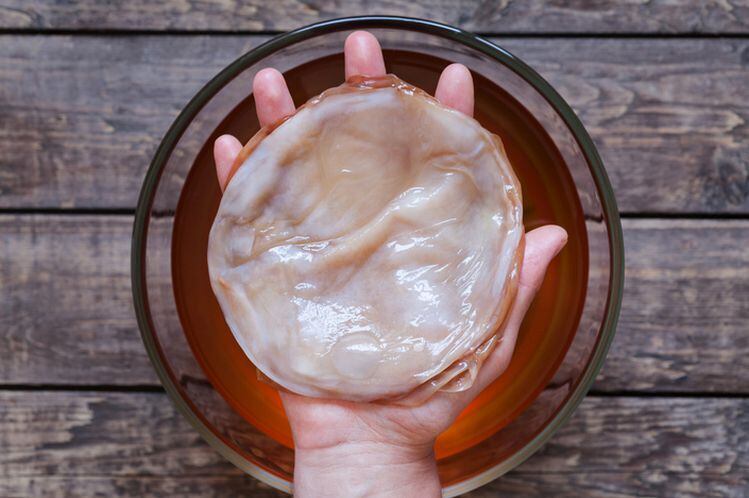
Kombucha: What's the size of the prize?
US retail sales of refrigerated kombucha and other fermented beverages (including hard kombucha) were up 21% to $728.8m in measured channels* in the year to February 24, 2019 driven by strong distribution gains. However, velocities were down fairly sharply, delegates at the 2019 KombuchaKon conference were told.
*Total retail sales are likely much higher after you include data from retailers such as Costco and Whole Foods that don’t share their sales with SPINS and other data providers. The refrigerated kombucha and fermented beverages category comprises non-alcoholic kombucha (below 0.5% abv), hard kombucha, apple cider vinegar, plus other fermented beverages such as water kefir, Jun, kraut juice, Kvass, and whey fermented soda. Read more HERE.

